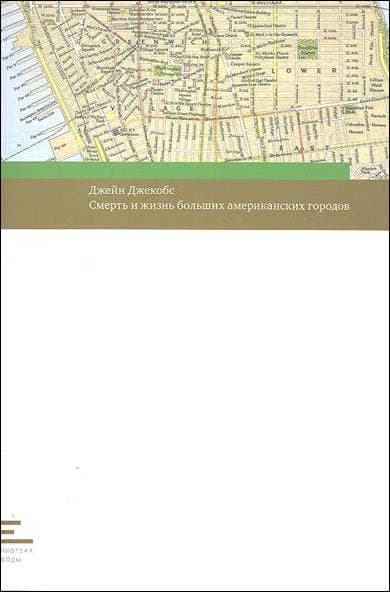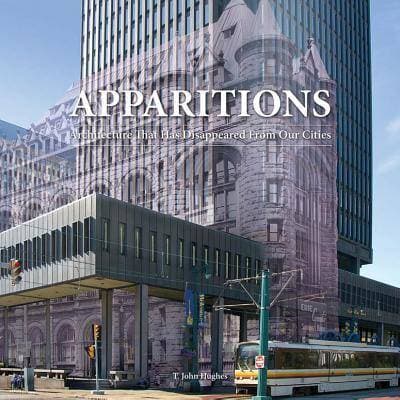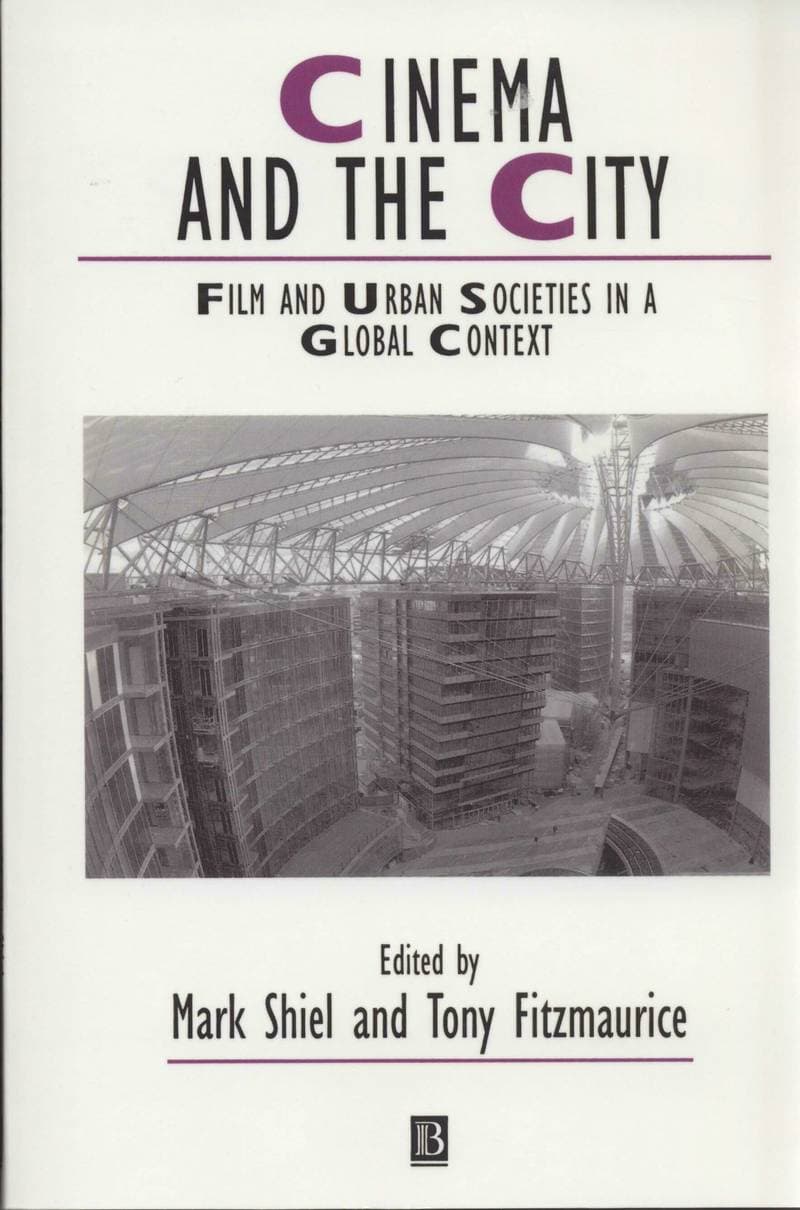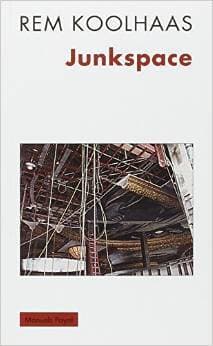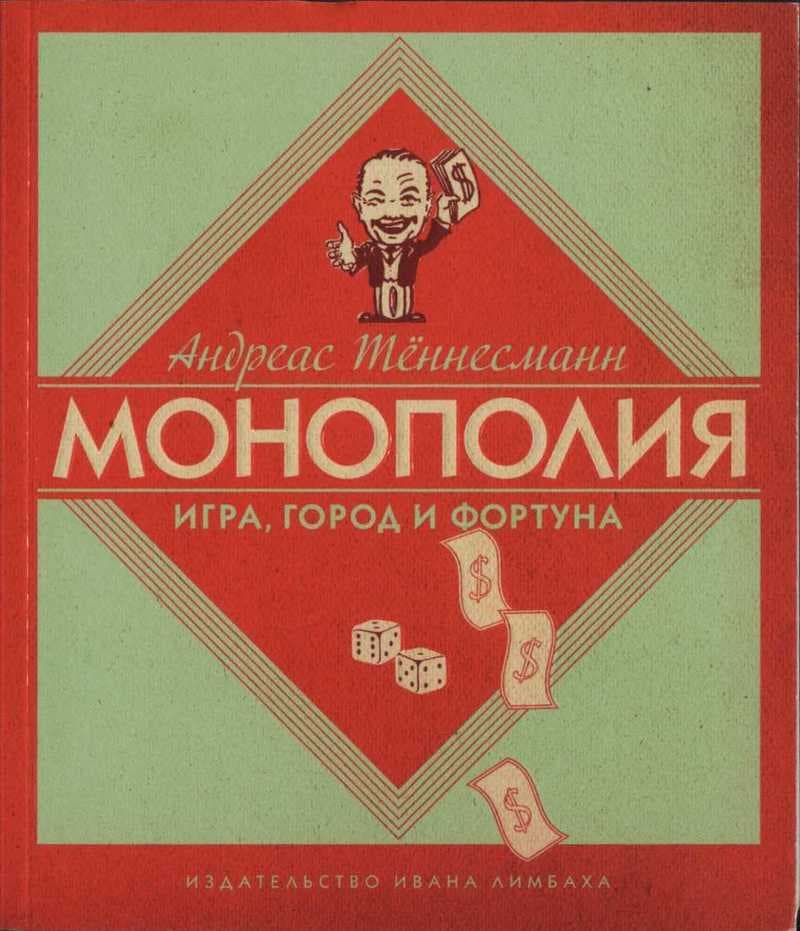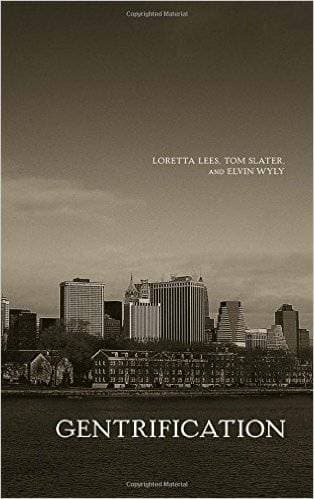Monotown: Urban Dreams Brutal Imperatives
The book examines the post‑industrial transformation and transnational legacy of planned single‑industry towns which emerged as a distinctive sociopolitical project of urbanization in the Soviet Union during the 1920s. Monotowns took form through the teleological establishment of industrial enterprises strewn across remote parts of the Siberian hinterland and entailed the relocation of vast populations requiring services, housing, and social and physical infrastructure, all linked to a given town’s productive apparatus. Today, having outlasted the political and economic systems which made them viable, many have become shrinking towns with graying populations and obsolete enterprises, even as they are subjected to considerable national investment and commanded to grow in order to catalyze their respective regions. Given this implied imperative for transformation, the work goes on to explore the largely overlooked legacy of the Monotown as a model of urbanization that was deployed upon remote geographies of China and India through Soviet‑aided industrial development projects. By exploring the etymology of the Monotown over time in this expanded field, the work establishes a broader yet more specific dialogue about this model’s complex legacy and future. The book was selected as a winner of the John Brinckerhoff Jackson Book prize for 2020.
Данные книги
Архитектура, Индия, История ХХ века, Китай, Локальный контекст, Советский модернизм, Социализм, Урбанистика и градостроительство, Утопия
Сан-Франциско
2019
434 страницы
9781939621573
Доступ по запросу
Да
Да
711 Str
1
- Learning from Las Vegas: the Forgotten Symbolism of Architectural Form1977
- Смерть и жизнь больших американских городов2011
- Apparitions: Architecture That Has Disappeared From Our Cities2015
- Я++. Человек, город, сети2012
- Cinema and the City: Film and Urban Societies in a Global Context2004
- Magical Urbanism: Latinos Reinvent the US City2001
- Медийный город: медиа, архитектура и городское пространство2014
- Iron Curtains: Gates, Suburbs, and Privatization of Space in the Post‑socialist City2012
- Junkspace. Repenser radicalement l'espace urbain2011
- Монополия. Игра, город и фортуна2013
- Gentrification2008
- Urban Social Geography: An Introduction2010


